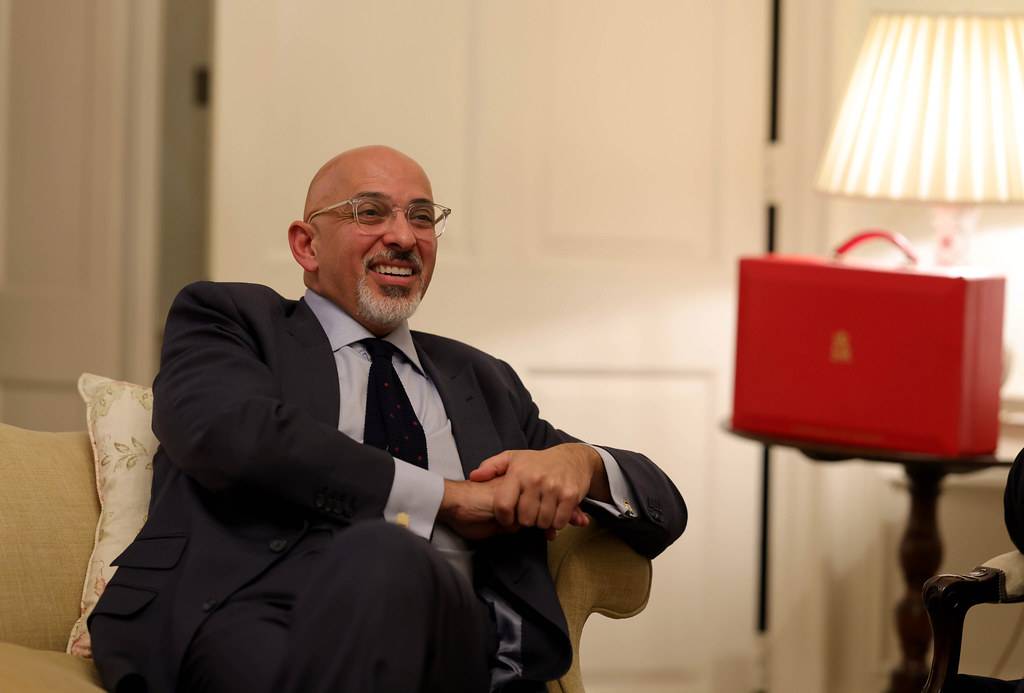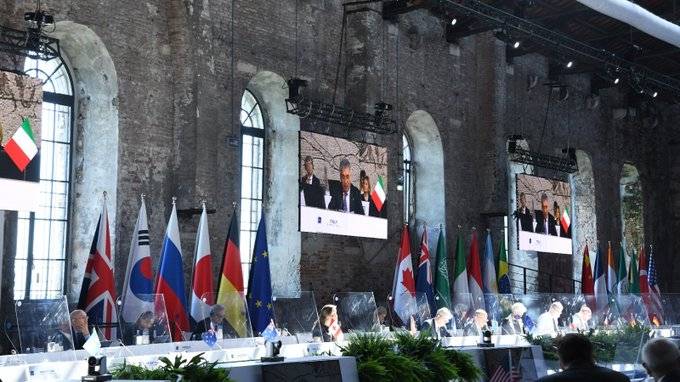
Zahawi named new finance minister of UK
Zahawi refused to comment to reporters as he left a meeting in 10 Downing Street, including on whether he will uphold Sunak’s pleas for fiscal discipline against Johnson’s free-spending instincts…reports Asian Lite


